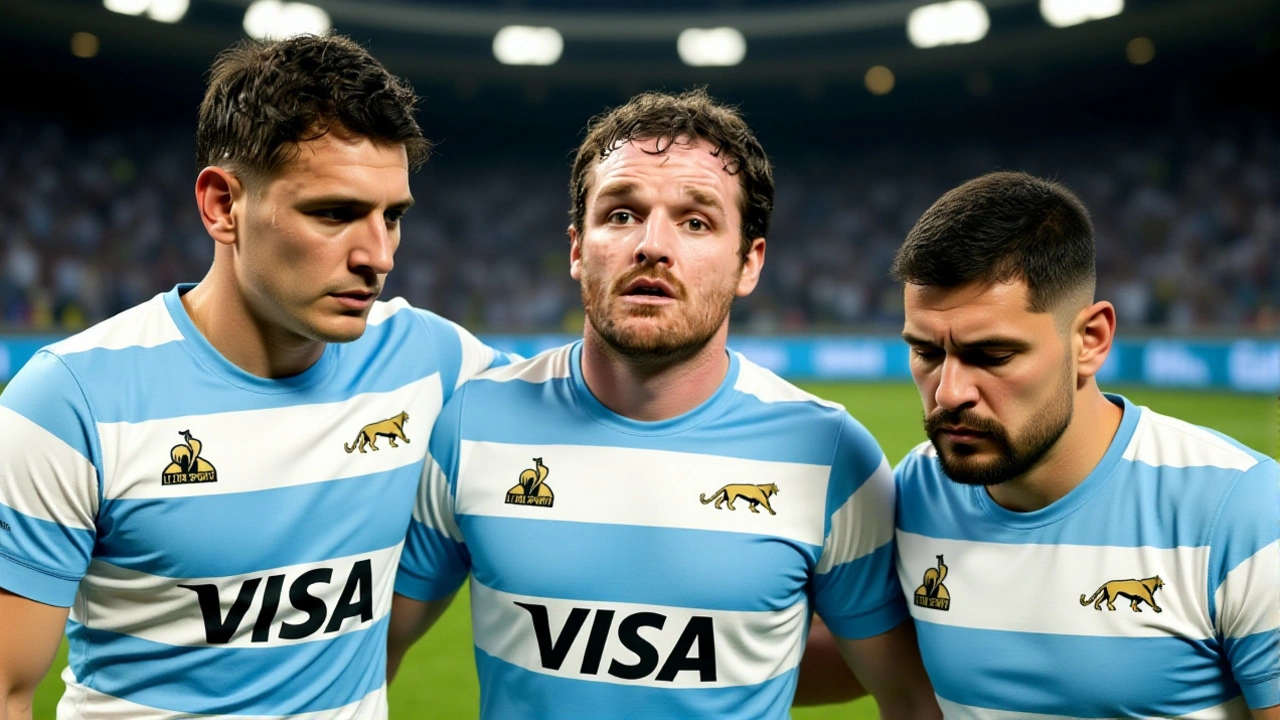Why Turning 18 Matters for Sports Fans and Players
When you turn 18, a lot of doors swing open. Suddenly you can sign a contract, vote, and travel without a parent’s permission. In the world of sports, that age is a game‑changer too. It decides if you’re a teen player or an adult competitor, and it affects everything from league rules to sponsorship deals.
Legal Perks at 18
First off, the law treats you like an adult. You can get a driver’s licence, open a bank account on your own, and buy tickets for events without needing a guardian. Those rights also let you travel for away games, accept prize money, and sign endorsement contracts. Many clubs won’t let a player sign a professional deal until they’re 18, because the contract has to be binding for a legal adult.
In the UK, turning 18 means you no longer need a parent’s consent for a work visa or a sponsor licence if you’re looking to play abroad. That’s why you’ll often see headlines about young footballers heading to overseas clubs right after their birthday.
Sports Eligibility and Competition Rules
Every sport has its own age brackets. In football (soccer), under‑18 leagues end when you hit that birthday, and you jump into the under‑21 or senior squad. In basketball, the NCAA still counts you as a freshman, but you’re now eligible for the NBA draft after one year of college or if you’re a one‑year‑old professional overseas.
Rugby and cricket also have clear cut‑offs. A cricketer who turns 18 can play in senior county matches, and a rugby player can finally join an adult club’s first team. The shift isn’t just about skill; it’s about the paperwork that says you’re an adult.
Even fantasy leagues and esports treat 18 as the minimum age for cash prizes. That’s why you’ll see a lot of “18+” tags on streaming platforms – they’re complying with regulations that prohibit minors from earning money directly.
If you’re a fan, turning 18 lets you buy tickets for restricted events, attend late‑night matches, and even get a season ticket in your name. It also means you can legally post reviews or create content about teams without breaching age‑related policies.
All these changes can feel overwhelming, but they also bring opportunities. The key is to stay informed about the specific rules of your sport and the legal requirements in your country. Talk to a coach, a sports agent, or a trusted adult if you’re unsure about a contract or a visa application.
Bottom line: 18 years old isn’t just a birthday—it’s a milestone that unlocks adult rights, professional contracts, and new competition levels. Whether you’re aiming for a pro contract, a college scholarship, or simply want to travel for a big match, knowing what changes at 18 helps you plan your next move with confidence.
At 18 and not familiar with any sports, it's not too late to dive into the exciting world of physical activities. Start by exploring various sports to discover which ones spark my interest. Trying out beginner classes or joining local teams can be a great way to learn and make new friends. Remember, it's not about becoming a professional athlete, but rather about having fun, staying active, and enjoying a healthier lifestyle. Most importantly, be patient and open-minded while giving myself time to learn and grow in my chosen sport.
View More




